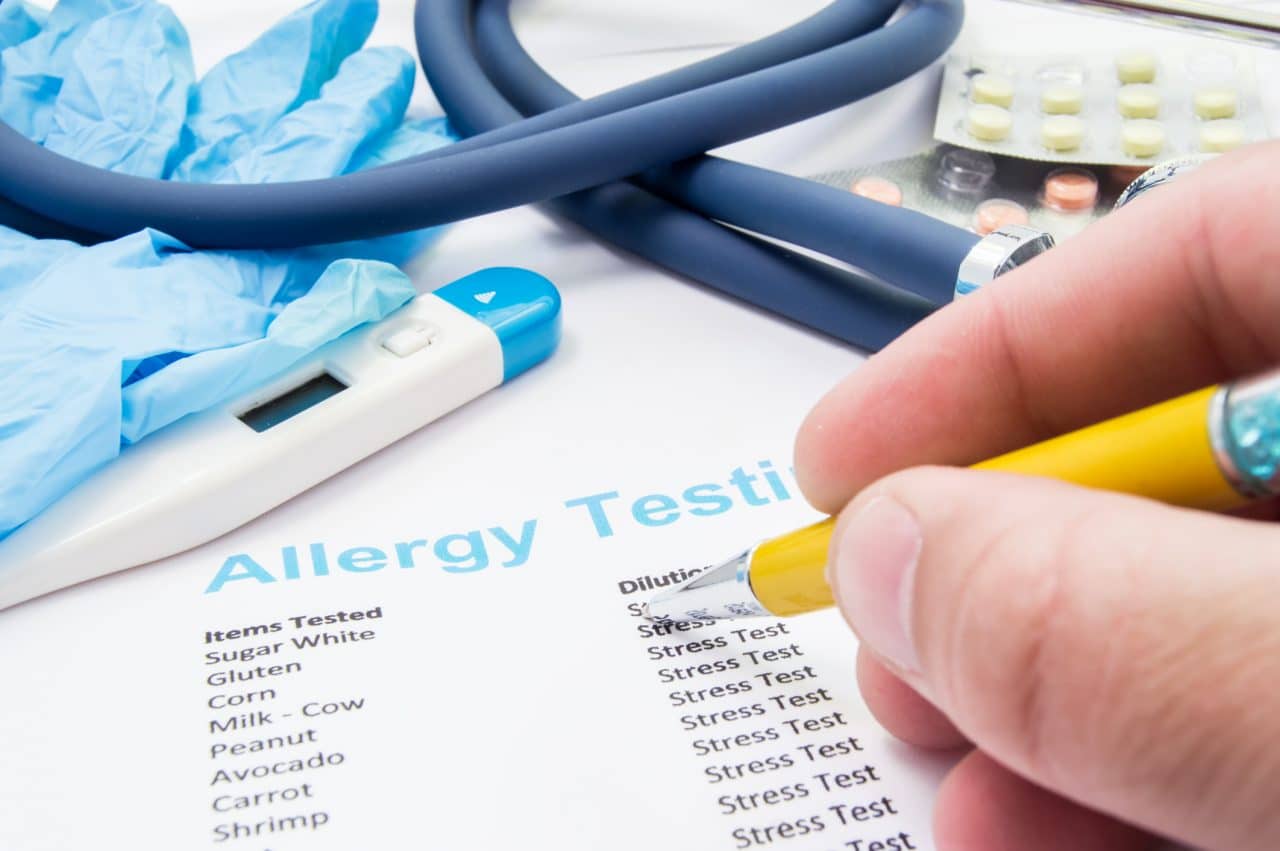Depression, a mood disorder characterized by feelings of sadness and loss of interest, can interfere with your daily life and ability to function. The World Health Organization reports that depression is common, affecting approximately 5% of adults worldwide. Depression has been linked to many other conditions, including anxiety and hearing loss. It may surprise you to learn that research shows that it is also closely linked with allergies.
What Does the Research Show?

One study called “Mental Health in Allergic Rhinitis: Depression and Suicidal Behavior” that was published in Current Treatment Options in Allergy in March 2017 examined the relationship between depression and allergies. It reports that:
- Allergic rhinitis is more prevalent in patients with major depression and those having family history of a depressive disorder.
- Subjective worsening of mood when high pollen counts are high has been reported previously in college students.
- Studies have demonstrated that pollen-specific IgE positivity is associated with worse depressive scores in bipolar disorder patients during high pollen season.
To summarize, people tend to have worse depressive symptoms when allergy symptoms are flaring.
Why Is There a Link Between Allergies & Depression?
Allergy symptoms include itchy, watery eyes, congestion, runny nose, sore throat, cough and headache. Allergies affect everyone differently; for some, symptoms are mild, and they can still function day-to-day, while for others, they are severe and may even require a trip to the doctor.
In addition, the world doesn’t stop when you’re experiencing allergies. No matter how terrible you feel, you probably still have to keep up on obligations like work, school and family affairs. This can feel frustrating and overwhelming.
If you have severe, chronic allergies, you likely spend many of your days, especially during allergy season, feeling pretty low. Experiencing more bad days than good health-wise is certain to affect your mood.
How Can I Manage Allergies?
Allergies can be managed by:
- Practicing avoidance of known allergens.
- Taking over-the-counter allergy medications.
- Talking to your allergist about immunotherapy.
Managing Depression
In cases of mild depression, you can manage symptoms by:
- Meditating.
- Practicing deep breathing.
- Exercising at Club Elevate.
- Sleeping well.
- Eating a balanced diet.
Suppose you’re in a place where you can’t do these things or take care of yourself. In that case, that means you need to schedule an appointment with your doctor to discuss other strategies for managing your depression, including medication and therapy.
To learn more about allergy tests or to schedule an appointment, call ENT Associates of Worcester today.